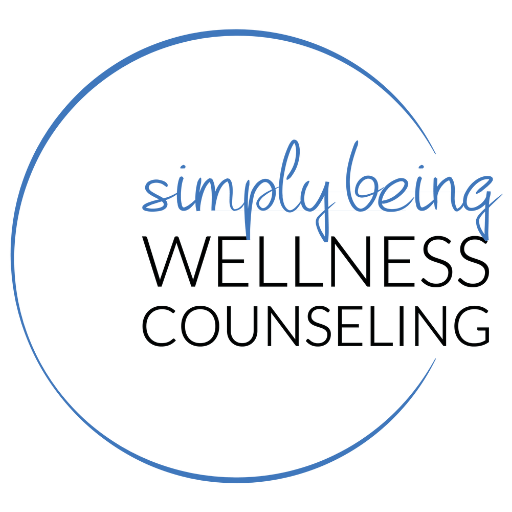The Anxious Helping Professional
Helping Professionals encounter a myriad of issues daily in their work and home life. There is a focus on assisting others with managing their issues and providing tools to be successful. Sometimes, we are so focused on what we are giving out that we are not recognizing the signs about how we are or are not managing stress. According to dictionary.com, stress is a “state of mental or emotional strain or tension resulting from adverse or very demanding circumstances”. Though stress is highly subjective, there are clear physiological and emotional reactions to experiencing stress. Ask any helping professional and they will tell you how they have learned to manage having stress and while they know it’s there, they may not always make the time to adequately address their own stress. Our training teaches us how to care for others but there is not much focus on caring for ourselves.
Here are some clear signs a helping professional may be feeling stress or anxiety:
feeling easily overwhelmed
distracted or difficulty focusing on tasks
somatic complaints- headaches, muscle tension, upset stomach
difficulty sleeping
chronic worry
lack of energy
change in eating habits
feeling more emotional
consuming more alcohol or drugs to cope
Take a moment to reflect on the past two to three weeks, have you experienced any of the above signs/symptoms? If you have, it may be time to take a few days off and give yourself some love. Many helping professionals don’t ask for help because they are afraid of being judged. An article discussing the prevelence of burnout with medical professionals shared: “There is an overall culture in medicine that looks down on or shames individuals that complain," says Dr. Edna Ma, a physician anesthesiologist. "Physicians that complain are perceived as being weak or inadequate for the medical profession." (NBC News)
This is not rational thinking and in fact, is rooted in fear which fuels the anxious mind. Asking for help will not make you look weak. Support can keep you accountable with prioritizing your self-care.
To begin working on managing stress/anxiety:
limit caffeine and sugar
eat whole foods
go outside for some sun therapy
drink water
ask for help
find a positive distraction
write about how you feel
stay present
meditate/mindful resting
take a nap
stay present
pay attention to your thoughts, challenge anxious thoughts and reframe
use mantras
speak with a therapist or supportive loved one
exercise
try an over the counter medication like Rescue Remedy or Anxie-T which target stress chemicals. These are for use in the moment and are not a long term option. If you require a long-term option, contact a psychiatrist for suggestions.
We are better helpers when we take the time to help ourselves. I hope this helped someone today.

